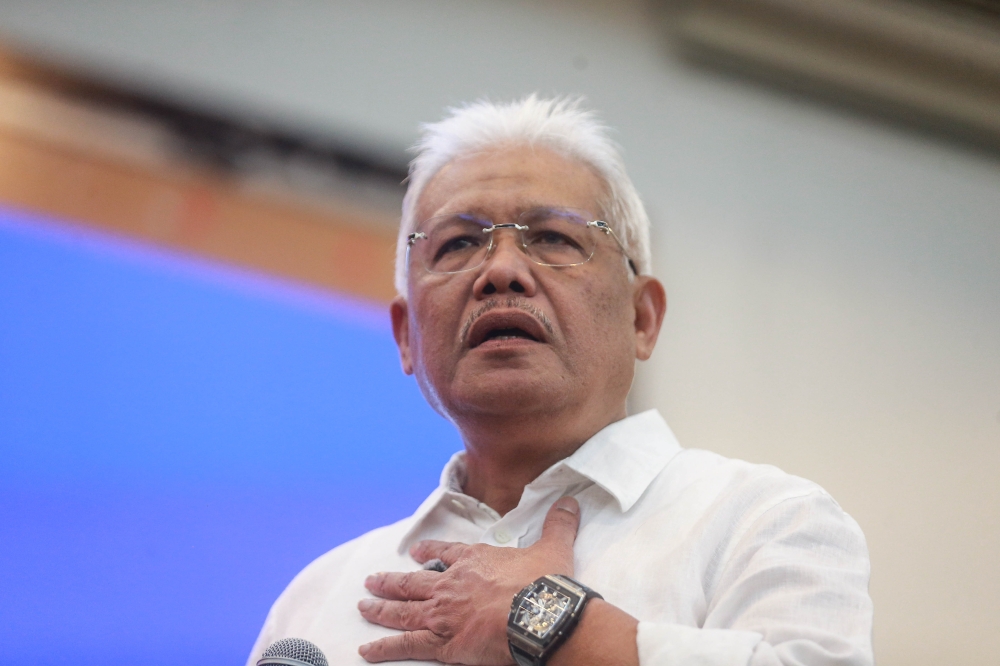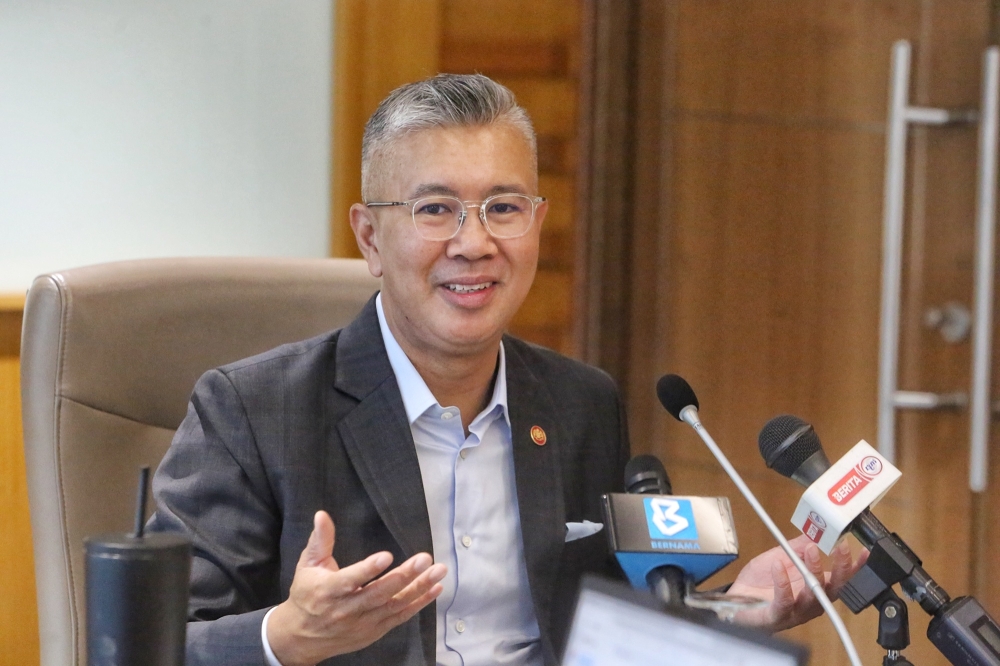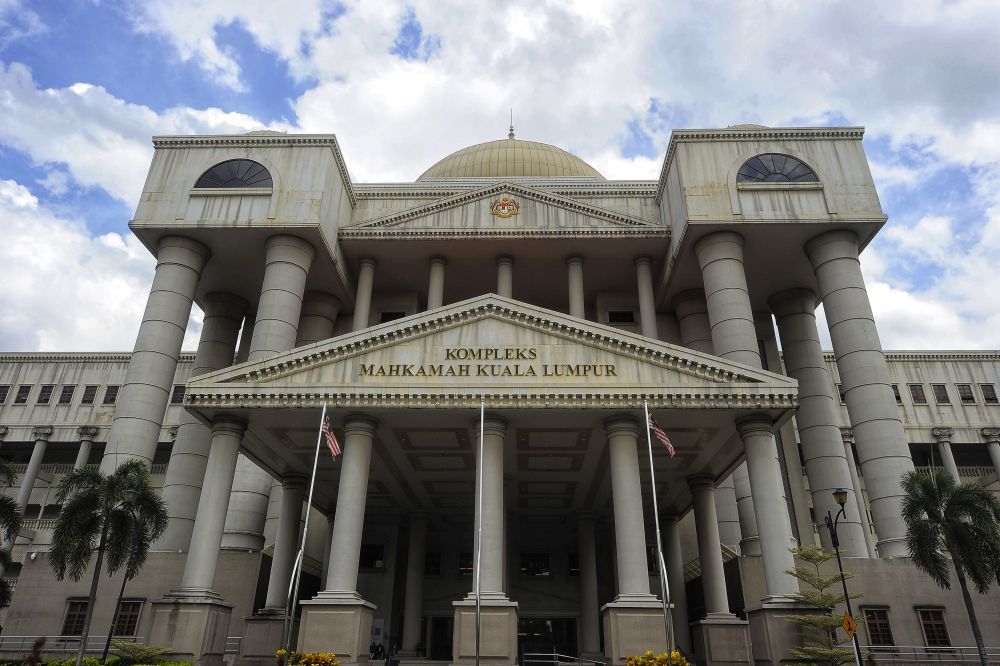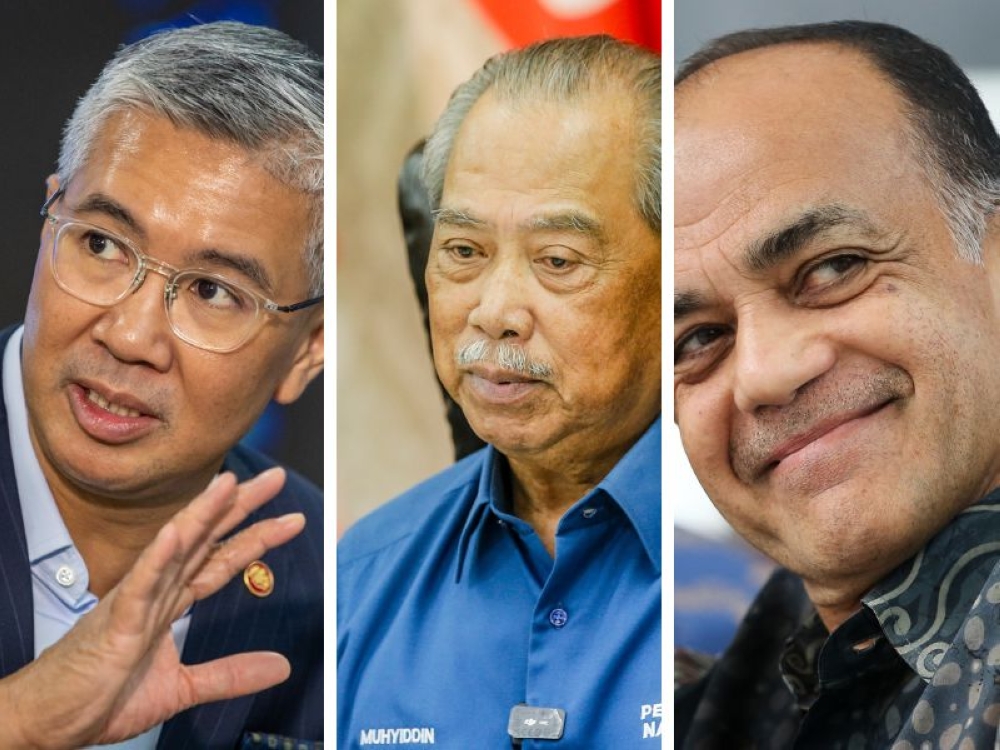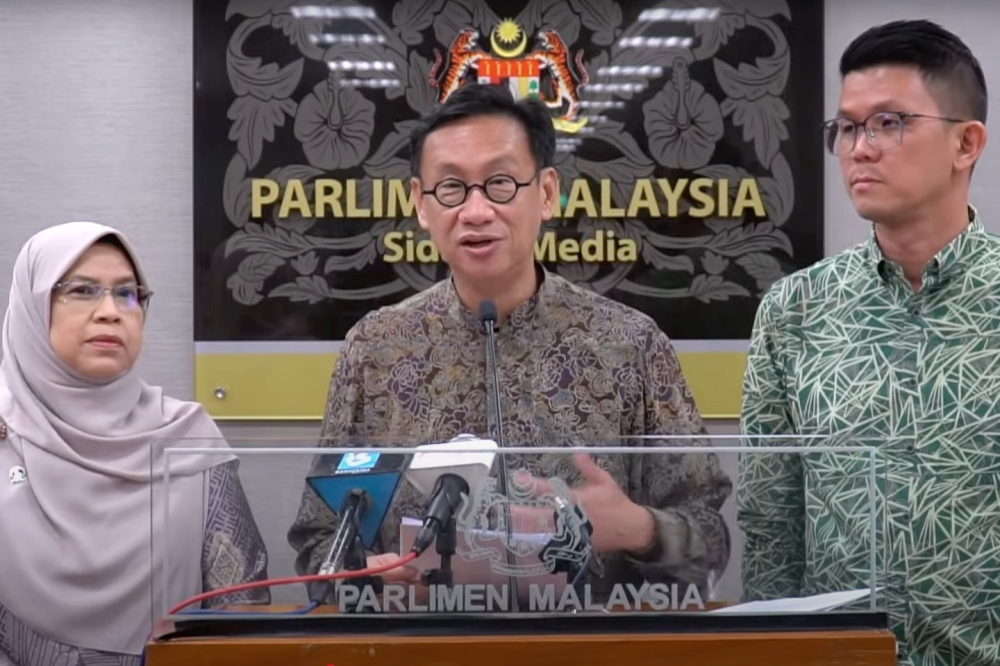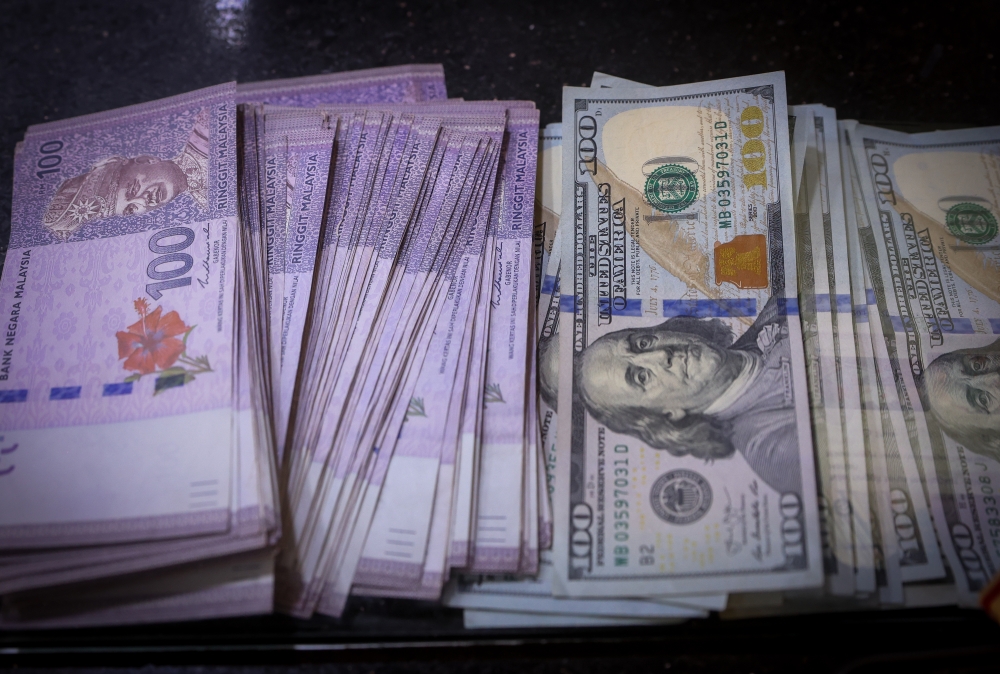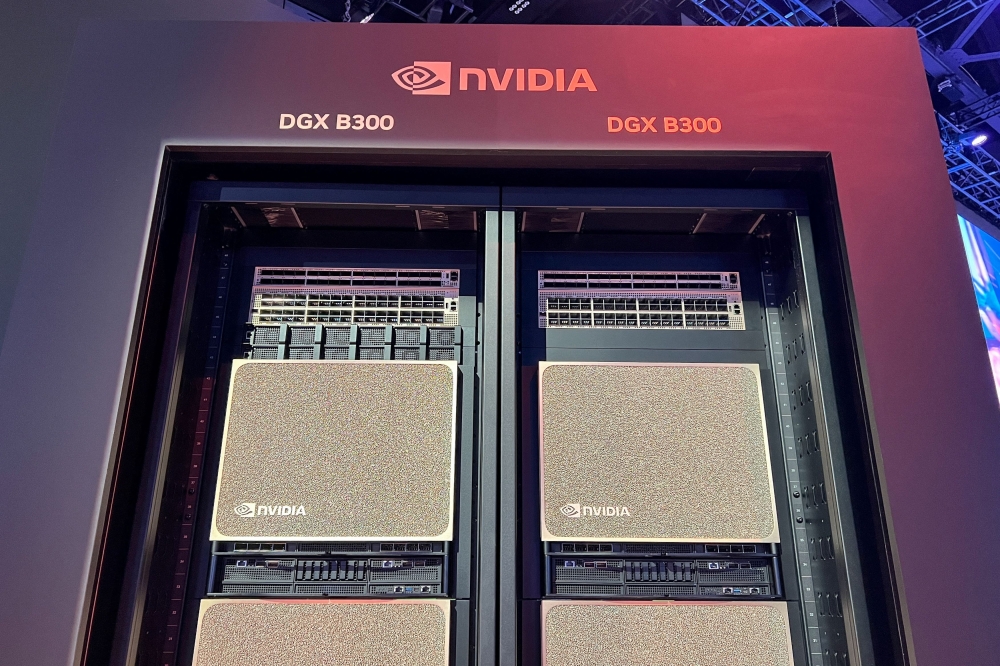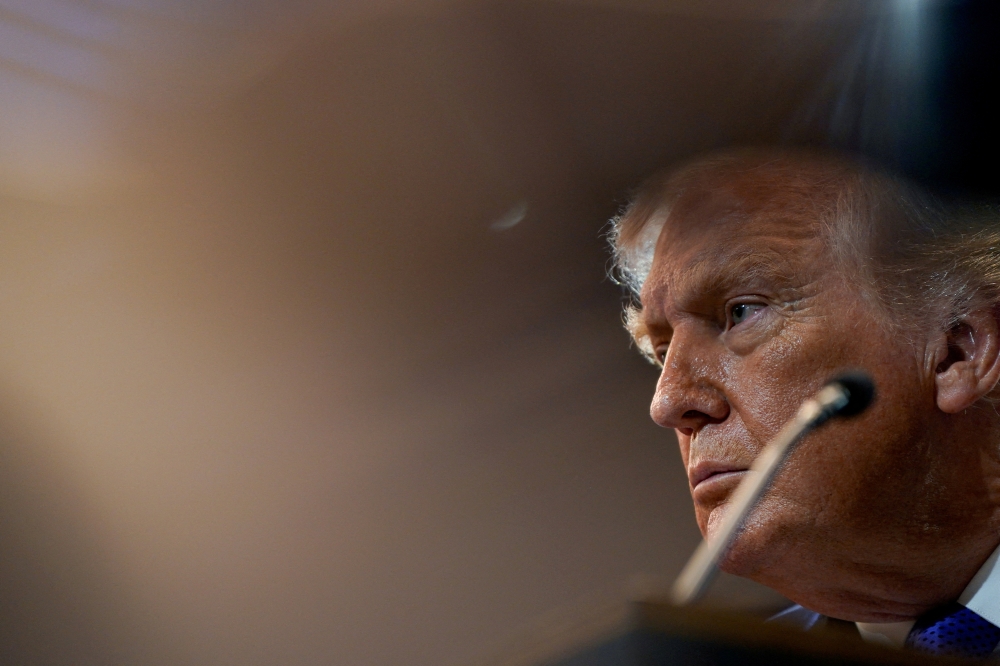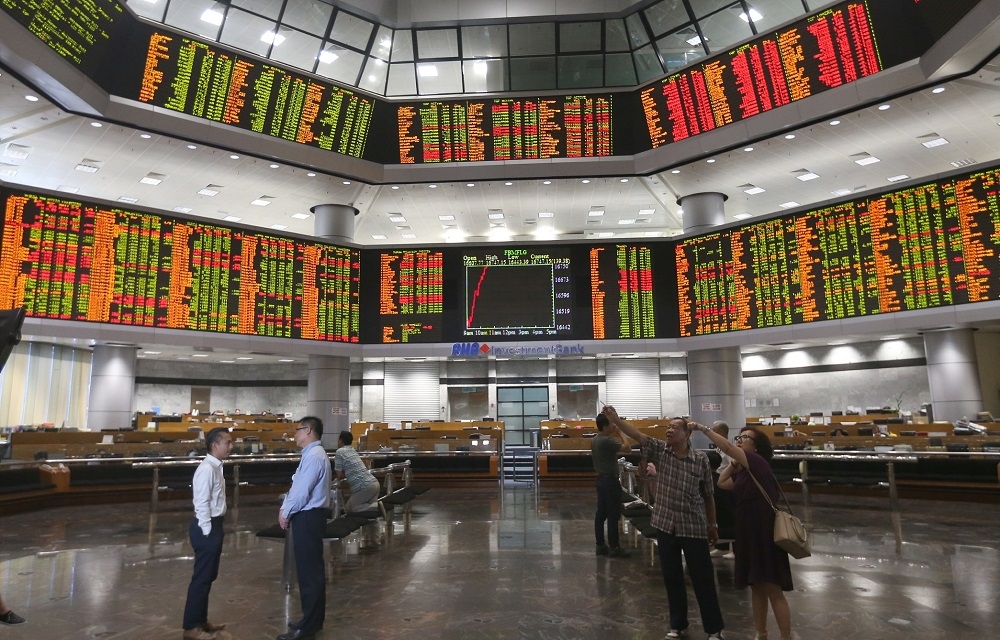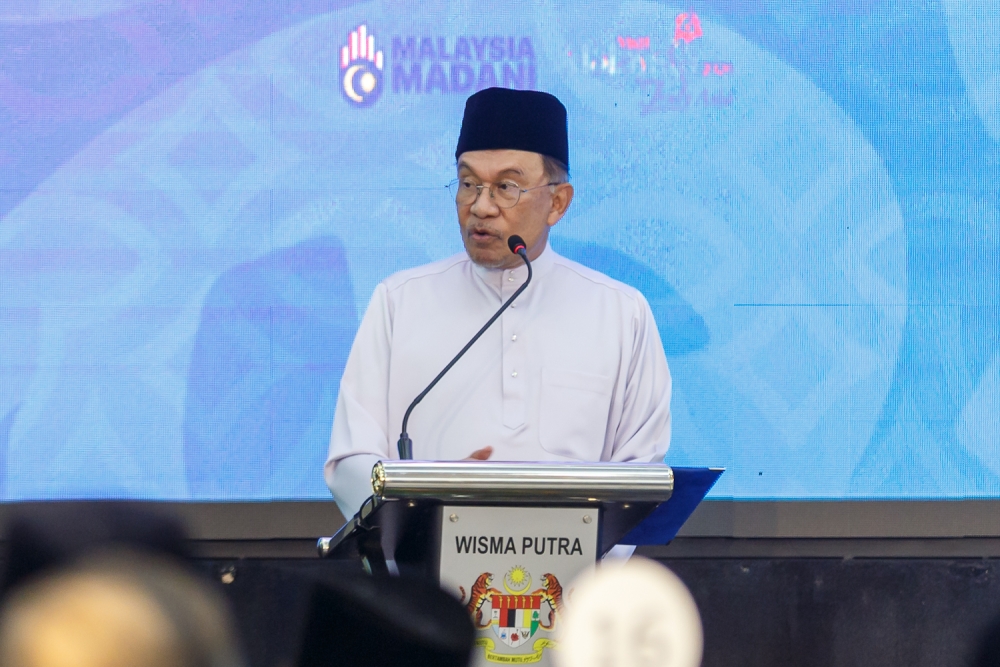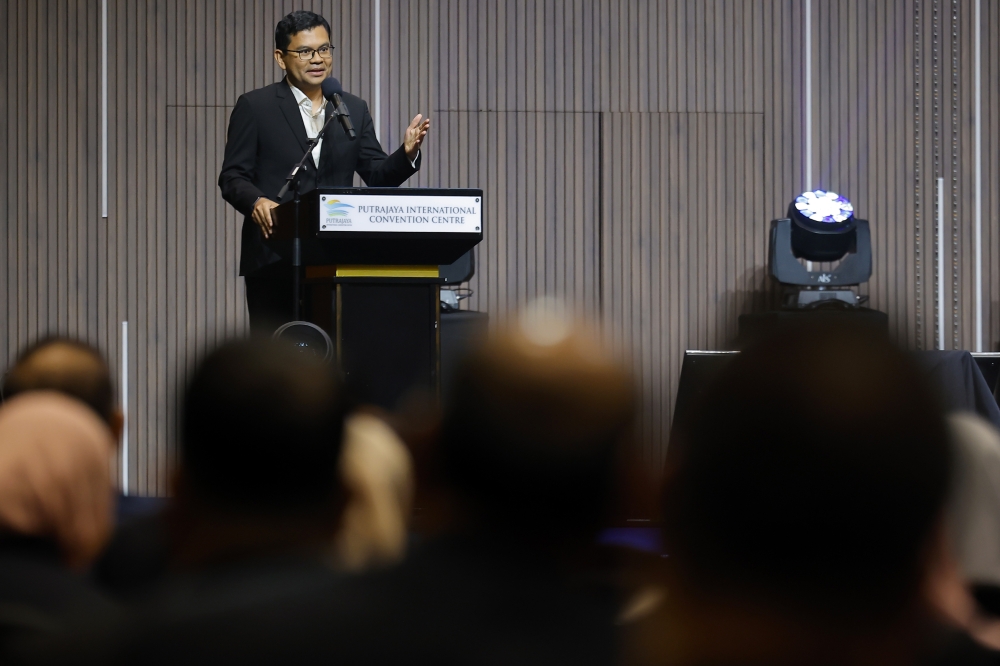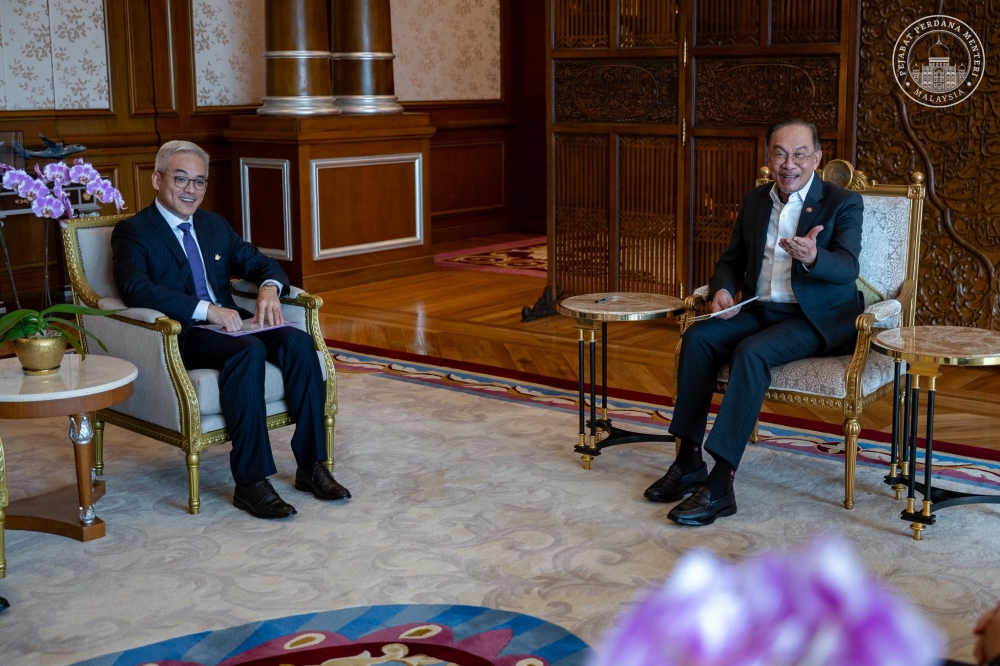- The US and UAE have a draft agreement for the annual export of 500,000 advanced Nvidia AI chips from 2025, potentially lasting until 2030.
- The deal could make the UAE a global AI hub, with local firm G42 receiving 100,000 chips annually and major US tech firms also involved.
- The agreement signals a strategic shift in US AI export policy and faces opposition amid concerns over technology control and national security.
DUBAI, May 15 — The United States has a preliminary agreement with the United Arab Emirates to allow it to import 500,000 of Nvidia's most advanced AI chips per year, starting in 2025, two sources familiar with the situation said, boosting the Emirates' construction of data centres vital to developing artificial intelligence models.
The sources, who spoke on condition of anonymity, said the agreement was at least through 2027, but that there was a chance it could be in place until 2030.
The draft deal called for 20 per cent of the chips, or 100,000 of them per year, to go to UAE tech firm G42, while the rest would be split among US companies with massive AI operations like Microsoft and Oracle that might also seek to build data centres in the UAE, the sources said.
They said the agreement is still being negotiated and could change before being finalised. One source said the deal, elements of which were first reported by the New York Times, faced growing opposition in the US government over the past day.
The Biden administration issued restrictions on AI chip exports to control the flow of the sophisticated processors worldwide, in part to keep the prized semiconductors from being diverted to China, where they could bolster Beijing's military. US President Donald Trump this week is on a tour of the Gulf region and on Tuesday announced US$600 billion worth of commitments from Saudi Arabia, including deals to buy large quantities of chips from Nvidia, Advanced Micro Devices and Qualcomm. Trump has made improving ties with some Gulf countries a key goal of his administration.
The chips in the UAE deal that would go to G42 would represent a tripling or quadrupling, in terms of compute power, of what would have been available to the UAE under rules put in place by the administration of former President Joe Biden. The Trump administration said last week it planned to rescind that regulation.
At present, the vast majority of AI computing power is deployed in the United States and China. If all the proposed deals in Gulf states, and the UAE in particular, come together, the region would become a third power centre in global AI competition.
The US Commerce Department, which oversees export controls, did not have a comment. The White House, G42 and the United Arab Emirates did not have an immediate comment. Nvidia declined to comment.
Abu Dhabi sovereign wealth fund Mubadala, the UAE's ruling family and US private equity firm Silver Lake hold stakes in G42. The tech holding group's chairman, Sheikh Tahnoon bin Zayed Al Nahyan, is the UAE national security adviser and brother of the Emirates' president.
The preliminary agreement also aims to promote data centres in the United States. It currently says that for every facility G42 builds in the UAE, it must build a similar one in the US, the sources said.
One of the sources said the definition of what is an advanced AI chip would be figured out in a separate working group that will be created later, along with security requirements. The proposed numbers of chips are for the most advanced graphics processing units, one of the sources said. As of now, that could refer to Nvidia Blackwell chips, which are more powerful than the previous generation of Hopper chips, or Nvidia's forthcoming Rubin chips, which are more powerful than both of their predecessors. — Reuters






